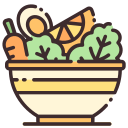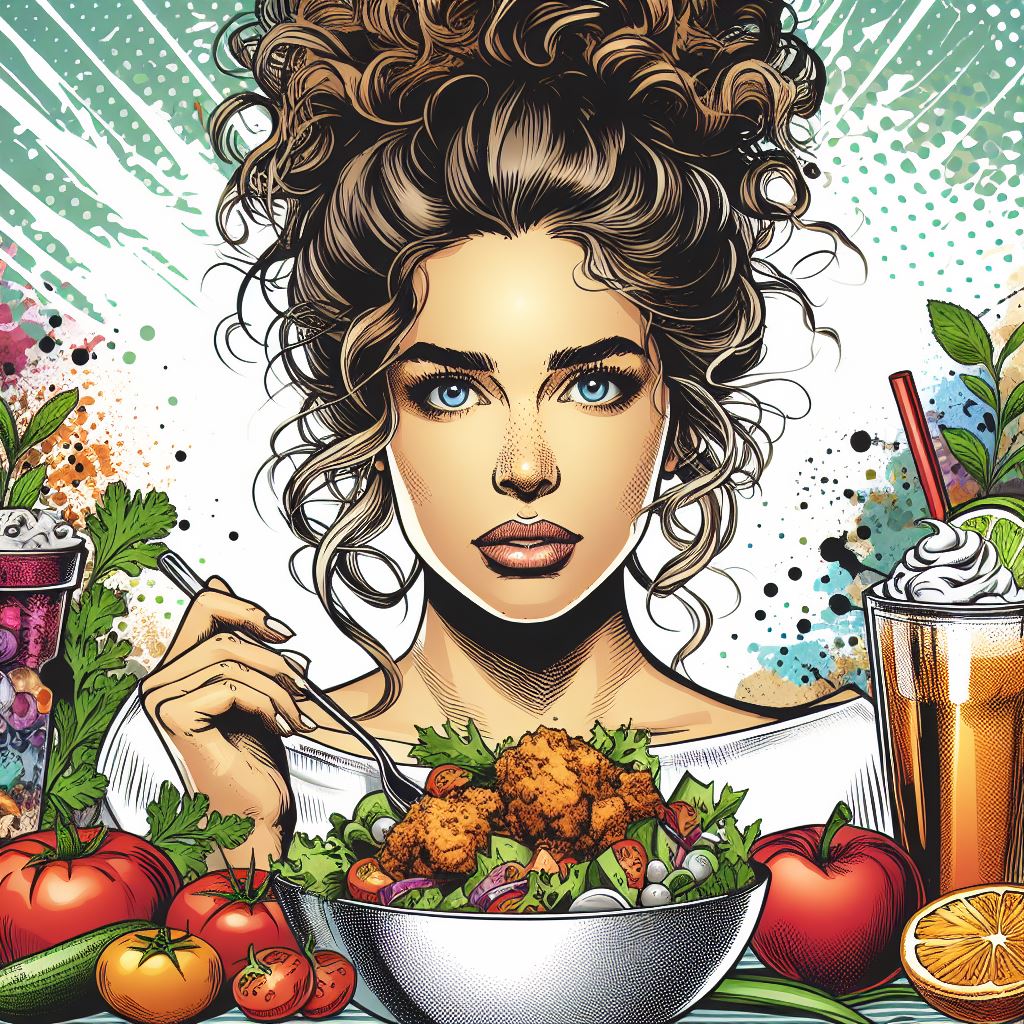Is Hoodia Safe?

Hoodia, or Hoodia Gordonii, is a medicinal plant often mistaken as a member of the cactus family. It is actually a succulent, which grows exclusively in the arid regions of Africa.
One of the popular places where it thrives is the Kalahari Desert in South Africa. Hoodia Gordonii is a popular appetite suppressant that contains a molecule called P57, which is 10,000 times more active than ordinary glucose.
This molecule was first isolated by the researchers at the Council of Scientific and Industrial Research, who patented the molecule and sold its license to Phytopharm. Together with Unilever, Phytopharm continues to conduct studies on Hoodia and its active ingredient to determine if there are really no ill effects associated with it.
Some succulent plants like aloe vera are not safe for expectant women. Aloe vera is often used to treat amenorrhea to enable the menstrual flow. Hoodia is also a succulent, but it is not yet known whether or not it is safe for pregnant women. Hoodia might also pose health risks to people with diabetes, although no scientific research has been conducted yet to prove this.
Hoodia Gordonii is undoubtedly an appetite suppressant. Most appetite suppressants available in the market today contain stimulants that increase a person's blood pressure and heart rate. But unlike most appetite suppressants, Hoodia Gordonii does not have any side effect -- at least as far as recent studies on it prove.
However, Hoodia Gordonii did not go through extensive research like other suppressants did. As such, there is not enough evidence to determine whether or not Hoodia really is safe. On the other hand, Hoodia Gordonii is an all-natural appetite suppressant, which makes it considerably safer than artificially-made ones.
These days, there are a plethora of weight loss products that claim to contain Hoodia Gordonii. Some of these products often contain other ingredients like ephedrine and have little or no Hoodia in them at all. As such, these Hoodia weight-loss products can be dangerous. Since these products do not undergo certification, there is no telling whether or not they are the real thing.
If you wish to buy Hoodia Gordonii products, there are certain things you need to keep in mind. First of all, do not buy weight-loss products that are not made from pure Hoodia Gordonii. Second, make sure that the Hoodia product you buy is certified by the Convention on the International Trade in Endangered Species of Wild Fauna and Flora or CITES.
Lastly, check if the product carries the Analytical Report and a license from the Western Cape Conservation Authority of South Africa. If the product does not have any of these certifications, it only means two things: it is fake and possibly unsafe.

















